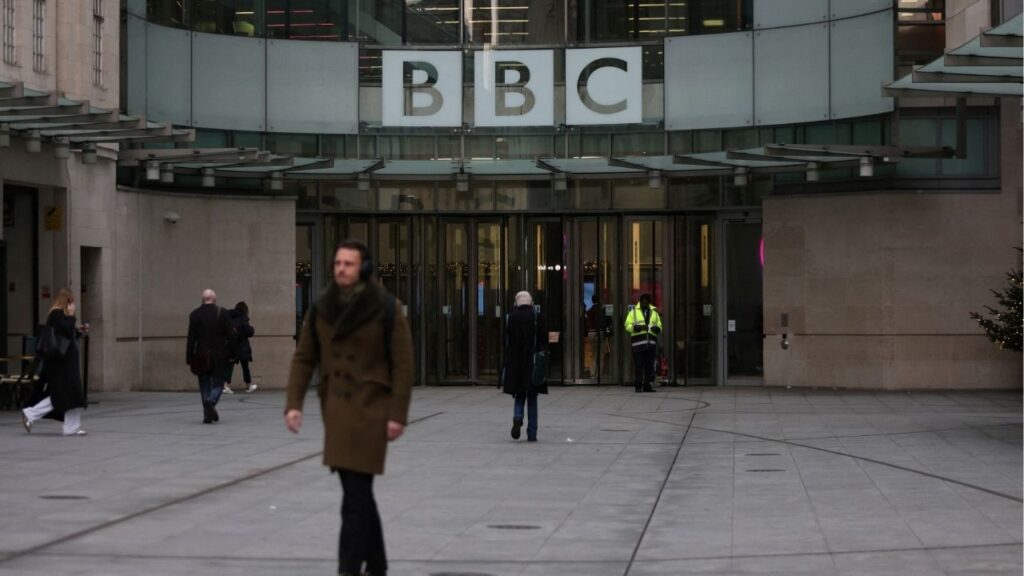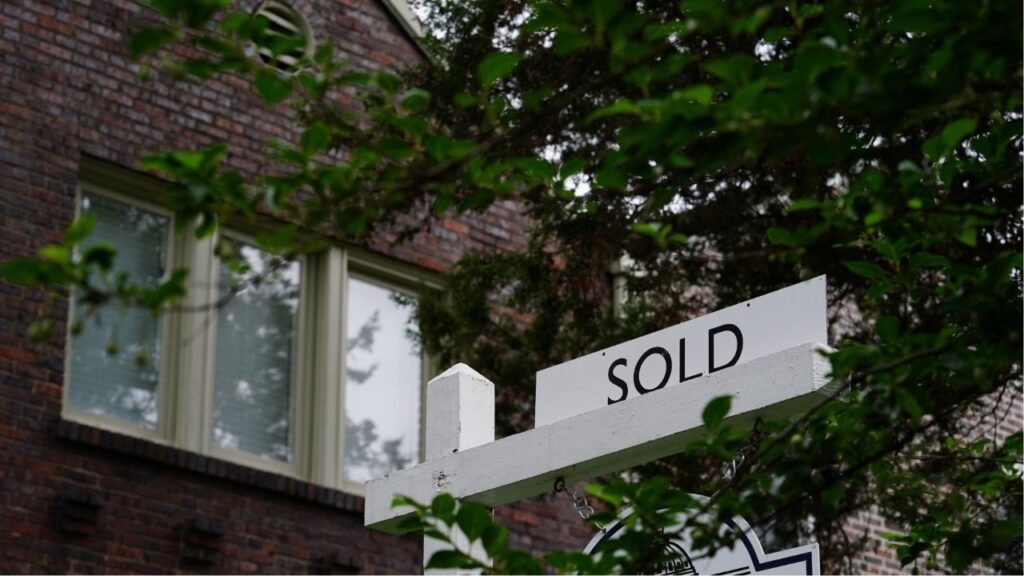California voters show independence, splitting tickets and defying party lines in recent election results. (CalMatters/CatchLight Local)

- Republican congressional candidates lead in Democratic-leaning districts, challenging expectations.
- Voters back tougher crime measures and reject progressive ballot initiatives, despite overall Democratic support.
- Election results reveal California's nuanced political landscape, blending blue-state status with conservative tendencies.
Share
|
Getting your Trinity Audio player ready...
|
In the parlance of politics, “ticket-splitting” refers to someone who votes for candidates of both major parties. It bedevils political devotees as they turn out partisan voters.

Dan Walters
CalMatters
Opinion
In some states it has been discouraged by allowing voters to back all of one party’s candidates by pulling just one voting machine lever and making it difficult to opt for individual choices.
California is one of the nation’s bluest states with Democrats holding all statewide offices and huge majorities in the Legislature and congressional delegation. However, the state’s voters engaged in some serious ticket-splitting this week, implying that they are not as wedded to the dominant party and its ideological causes as widely assumed.
The state’s blue credentials were certainly evident in voting for the two top-of-the-ticket offices, president and U.S. senator.
Vice President Kamala Harris defeated Donald Trump by an almost 3 to 2 margin to capture California’s 54 electoral votes, a virtually identical margin to Congressman Adam Schiff’s win over former baseball star Steve Garvey in the Senate race.
Related Story: California Voters Reject Rent Control Ballot Measure
Republican Resilience in Congressional Races
However as of Wednesday afternoon, the five Republican congressional members who had been targeted by Democrats in hopes of recapturing the House were all running ahead of their Democratic challengers, albeit by very thin margins with many votes still to be counted.
Democratic strategists chose the districts because they had tended to vote for the party’s presidential candidates or had Democratic voter registration pluralities.
The dissonance was especially obvious in the San Joaquin Valley districts of Republicans John Duarte and David Valadao, both of which have Democratic voter margins of well over 10 percentage points. Nevertheless, both were narrowly leading their challengers Wednesday.
In another San Joaquin Valley district, Democratic Rep. Josh Harder is locked in a very tight duel with Kevin Lincoln, the Republican mayor of Stockton, despite having an 11-point advantage in Democratic voter registration.
Moreover, Republican Scott Baugh was leading in the duel for an Orange County congressional seat that Democrat Katie Porter gave up to run for the Senate.
With countless millions of dollars having been spent on congressional races, the bottom line is that despite the state’s overall Democratic bent, the GOP could retain all of its targeted seats and might even gain two new ones.
Related Story: These California Toss-Ups May Decide Which Party Controls Congress
Ballot Measures and Local Elections Reflect Conservative Leanings
Ticket-splitting was also evident in down-ballot issues, particularly voting for and against ballot measures with ideological profiles.
While about 60% of California voters were opting for Democrats Harris and Schiff, more than 70% backed Proposition 36, a measure that increases penalties for some crimes that the state’s Democratic leadership, including Gov. Gavin Newsom, opposed.
To punctuate the hardening mood on crime even more, two big city district attorneys who identified with the left-leaning criminal justice reform movement, George Gascón in Los Angeles County and Alameda County’s Pamela Price, lost their positions — Gascón to challenger Nathan Hochman and Price to a recall.
Likewise, Proposition 5, a measure to lower the voting requirement for many local bond issues from two-thirds to 55%, backed by Democratic legislators and their allies in public worker unions, was failing on Wednesday, with well over 50% of voters opposed.
Related Story: Big Spenders: These Companies Are Giving the Most to California Legislative ...
Two other ballot measures reflecting left-of-center ideology were also failing or defeated: Proposition 32, which would raise the state’s minimum wage to $18 an hour, and Proposition 33, which would make it easier for local governments to impose rent control, was called early Wednesday morning.
While there are still many votes to be counted and the margins are thin, the overall thrust of this week’s election in California is that, while it’s still a blue state at least in voting for major offices, its voters don’t always march in lockstep with the dominant party. California can be somewhat conservative, especially when it comes to crime and money.
About the Author
Dan Walters has been a journalist for nearly 60 years, spending all but a few of those years working for California newspapers. He began his professional career in 1960, at age 16, at the Humboldt Times. CalMatters is a public interest journalism venture committed to explaining how California’s state Capitol works and why it matters. For more columns by Dan Walters, go to calmatters.org/commentary.
Make Your Voice Heard
GV Wire encourages vigorous debate from people and organizations on local, state, and national issues. Submit your op-ed to bmcewen@gvwire.com for consideration.
RELATED TOPICS:
Categories

Stocks Mixed as Inflation Bolsters Rate Cut Bet

BBC Seeks to Have Trump’s $10 Billion Lawsuit Dismissed

Inflation Steady as Fed Considers Rate Path

Newsom Vows to Stop Proposed Billionaire Tax in California

Greenland PM Prefers Denmark Over the US Ahead of Vance Meeting














